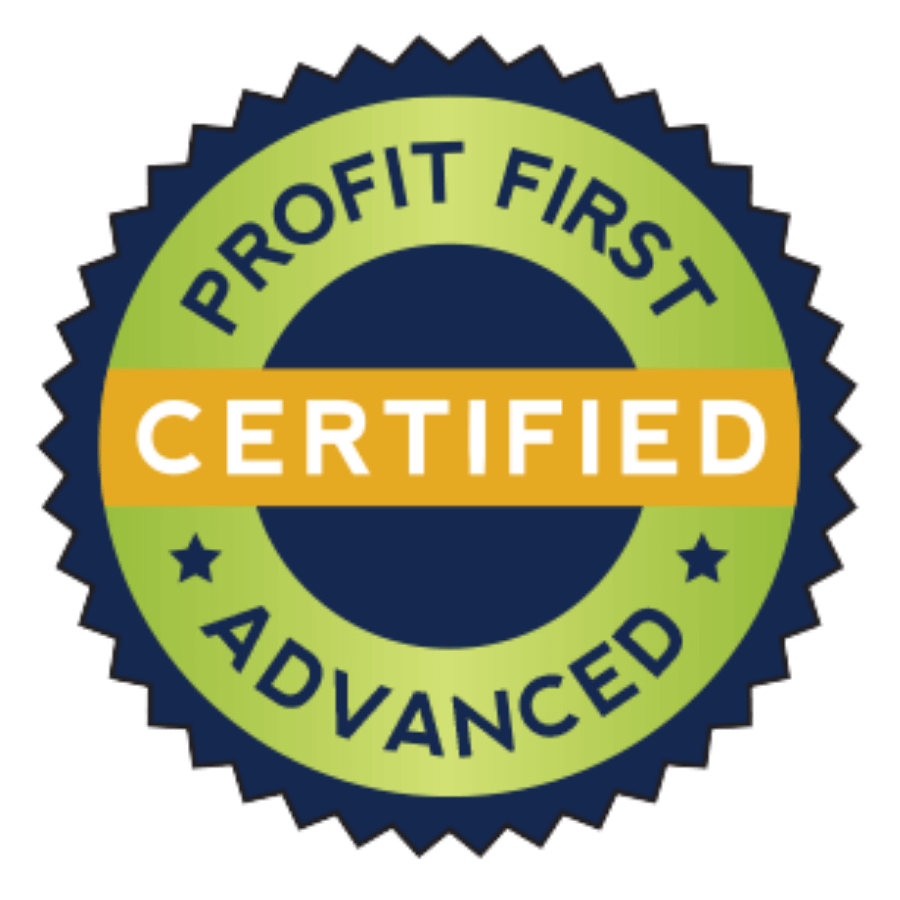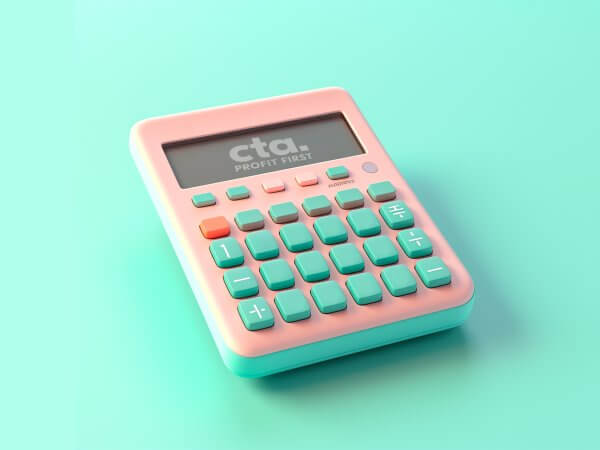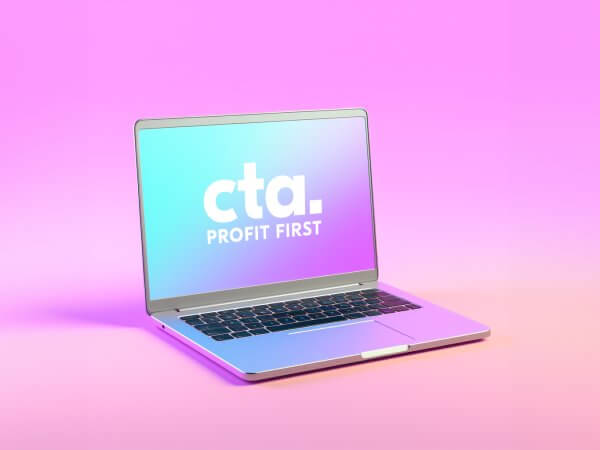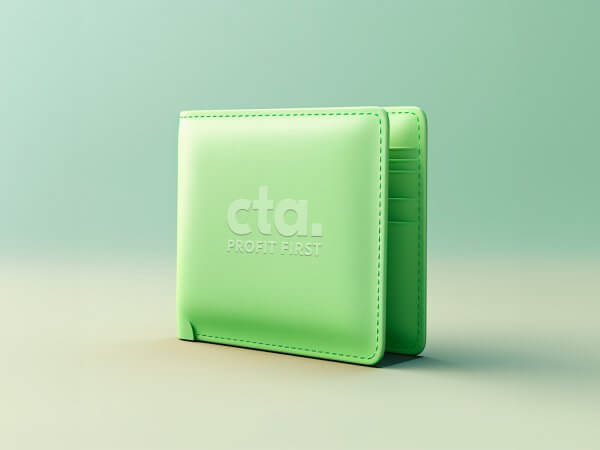Tax Limited company vs Tax Sole Trader
Jump to:

Tax Limited Company vs Tax Sole Trader
Limited company vs sole trader – Which is best for you, a limited company or a sole trader is also known as a self-employed person? The tax differences between a limited company and a sole trader are usually the most important factor when determining as a new business which structure is best for you. In a nutshell, a limited company has the ability to shelter you from higher rate tax (assuming you are a higher rate taxpayer). Along with the planned (although postponed) reduction in corporation tax, it makes a limited company still a potentially attractive vehicle to trade-in with your business.
Free meeting to discuss the differences between a sole trader and a limited company
We discuss the 3 main reasons to typically trade via a limited company in the video below. However, if you would like to arrange a meeting to discuss any of this you can do so from this page. We can’t wait to meet you!
Limited Company
Sole trader / partnership
So you have a better idea of the different types of business structure. Now let’s look at the Basic Services and Responsibilities that business owners have. This is an overview.
Self-employed people (Sole Trader)
- You need to at least have a profit and loss account to show the income the business has generated the the expenses that you are claiming
- You will need to file tax return to HMRC by 31st January each year.
- You will need at least a basic bookkeeping system such as a spreadsheet or online software such as Xero and Quickbooks.
Limited Company
- You will need to submit a set of accounts with a balance sheet to companies house 9 months after your year end.
- You will need a more formal bookkeeping system ideally on Xero or Quickbooks
- You may need a payroll scheme to pay yourself in a tax efficient manner.
- You need to comply with various company legislation
- You will still need to complete personal tax return
Other Considerations
- VAT registration
- Taking on staff
- CIS for the construction industry
- Tax planning and optimisation
Tax Limited Company

Q – What tax does a limited company pay?
There are several different types of taxes that a limited company could pay. The main tax is corporation tax. Corporation tax is the tax that a UK company pays on the profit it makes. Profit is after deducting all of the relevant expenses. As tax specialists part of our job is to ensure you maximise what you can claim to legally reduce your profit and corporation tax due to HMRC.
Q – When is limited company tax / corporation tax due?
It is due 9 months after the accounting period. For a standard accounting year for a limited company, this would be 9 months after the company year-end. For example, if the year-end is 31st December (please note that this date could be any month, depending on when it was set up) then the corporation tax for a small limited company would be payable by 30th September (9 months later).
Q – How do I pay my corporation tax?
The preferred method from HMRC is simply an internet bank transfer or telephone banking. You can find all of the payment methods on HMRC.
Q – What other tax does a limited company need to pay?
Some additional taxes that are not all specifically related to trading via a limited company include;
- VAT (if you have vatable supplies and are VAT registered.
- PAYE or Pay As You Earn. This is due for any wages paid to employees and directors above the relevant thresholds.
- CIS tax / Construction Industry Scheme. This is payable if you engage any sub-contractors and you are within the construction industry.
Tax Sole Trader
Q – What tax does a sole trader or self-employed person pay?
The main difference with a sole trader is that the ‘business’ does not pay its own tax, unlike a limited company’s tax position. Instead, the proprietor/owner pays tax on his or her earnings, IE the profit from the trade.
The key difference here for tax purposes is that a limited company may earn a significant amount of profit, yet the shareholders/owners do not need to declare all of this income on their own personal tax returns. They only pay personal tax based on the amount they choose to pay themselves in terms of salary, dividends (profit) and benefits.
Q – What other taxes must a sole trader or partnership pay?
A self-employed person whether trading as a sole trader or in a partnership is potentially liable to everything in our original list above. This includes, VAT, PAYE and CIS to name the main or common ones.













